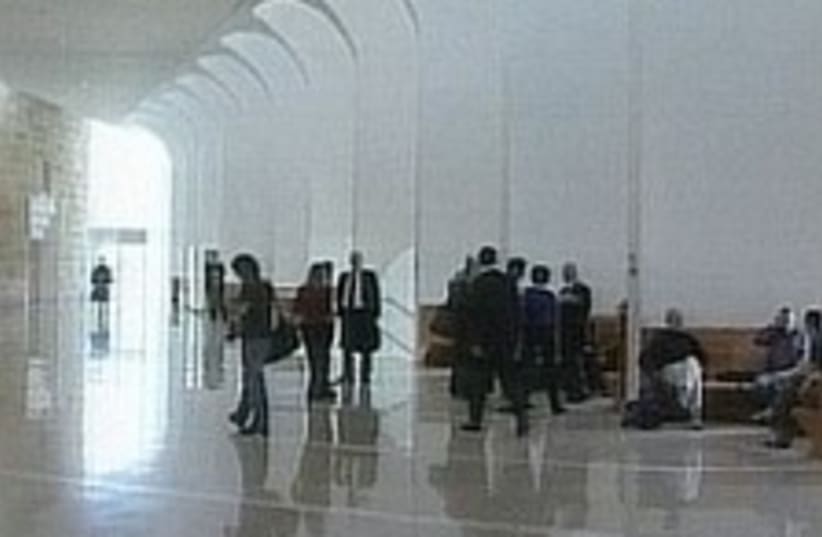| More about: | Aharon Barak, Degel HaTorah, Beitar Illit, Yuli Tamir |
HCJ: No free lunch for non-state schools
Haredi MKs blast ruling that gov't doesn't have to fund meals in Betar Ilit.


| More about: | Aharon Barak, Degel HaTorah, Beitar Illit, Yuli Tamir |